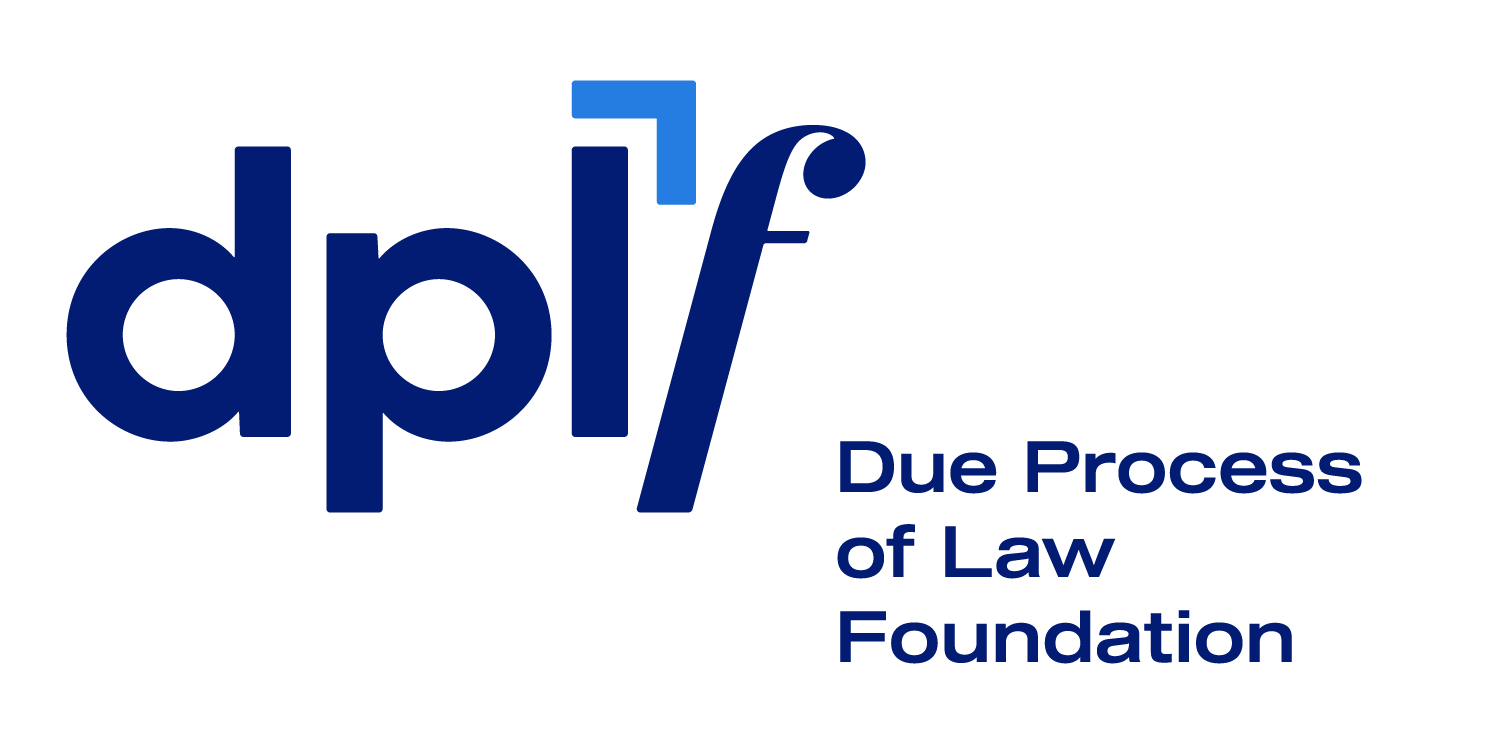Washington, D.C.—Mexico’s National Prosecutor’s Office (Fiscalía General de la República, FGR) must take significant steps to more effectively challenge the impunity, grave human rights violations, and corruption that are contributing to record levels of violence in the country. A new report by the Washington Office on Latin America (WOLA) and the Due Process of Law Foundation (DPLF) builds on past work to analyze the performance of the FGR under National Prosecutor Alejandro Gertz Manero, during the first eighteen months of his nine-year term. The report details where there is a need for further action and progress in order to become an independent, autonomous, and efficient institution, capable of operating free from political influence and ensuring justice for all Mexicans.
The FGR was created via constitutional reforms in 2014, and is meant to remake the former attorney general’s office (Procuraduría General de la República, PGR) into an institution that is independent from political pressure and capable of efficiently prosecuting crimes. But the FGR has yet to realize its potential, due in part to a lack of political will to fully enact the new office’s “implementing law” that was designed to ensure independence and set forth more effective methods for investigating federal crimes. Gertz has contributed to this by failing to fulfill several essential aspects of his mandate, including by hindering several measures giving civil society a prominent role in monitoring and guiding policies at the FGR.
“Mexico needs a National Prosecutor’s Office that can work to reduce levels of violence, corruption, and human rights violations, and ensure justice for victims of crimes,” said Maureen Meyer, Vice President for Programs at WOLA. “In order for the FGR to fulfill its potential, Mexican authorities should duly adhere to the law that outlines how the FGR should work, especially when it comes to civil society oversight and participation.”
The report notes that the FGR has made important progress in clarifying certain high-profile cases of corruption and grave human rights violations that took place during the previous administration of Enrique Peña Nieto. However, this progress is offset by ongoing allegations of abuse and corruption within the National Prosecutor’s Office, as well as concerns over other actions by Gertz that are keeping the FGR from transforming into a more effective, transparent institution. This includes Gertz illegally appointing special prosecutors and announcing other reform efforts that are inherently incompatible with the spirit of the FGR, the report found.
“During its first years of operations, the FGR has a key opportunity to set an important precedent for how it will function in the future,” said Ursula Indacochea, Director of the Judicial Independence Program at DPLF. “It is therefore worrying that the FGR is only moving forward in a small number of emblematic cases, when there are thousands of victims who have been demanding justice for decades .”
The law governing the FGR laid down an important framework, with civil society input, that outlined how the FGR can function as a more independent, autonomous, and effective justice institution. Under this law, Gertz is supposed to identify the FGR’s investigative priorities in what’s known as the Criminal Prosecution Plan—but while civil society is supposed to play a key role in influencing this plan, this has not yet happened. Additionally, some of the crimes that have the deepest and most detrimental effects on Mexican society are not included in the FGR’s priorities: this includes cases of femicide, which is of particular concern given how cases of violence against women have increased amidst the COVID-19 pandemic.
“Mexico cannot fail its decision to radically transform the FGR, because it could mean decades more of impunity. There is still the opportunity to usher in a new era of justice for Mexico,” said Indacochea.
